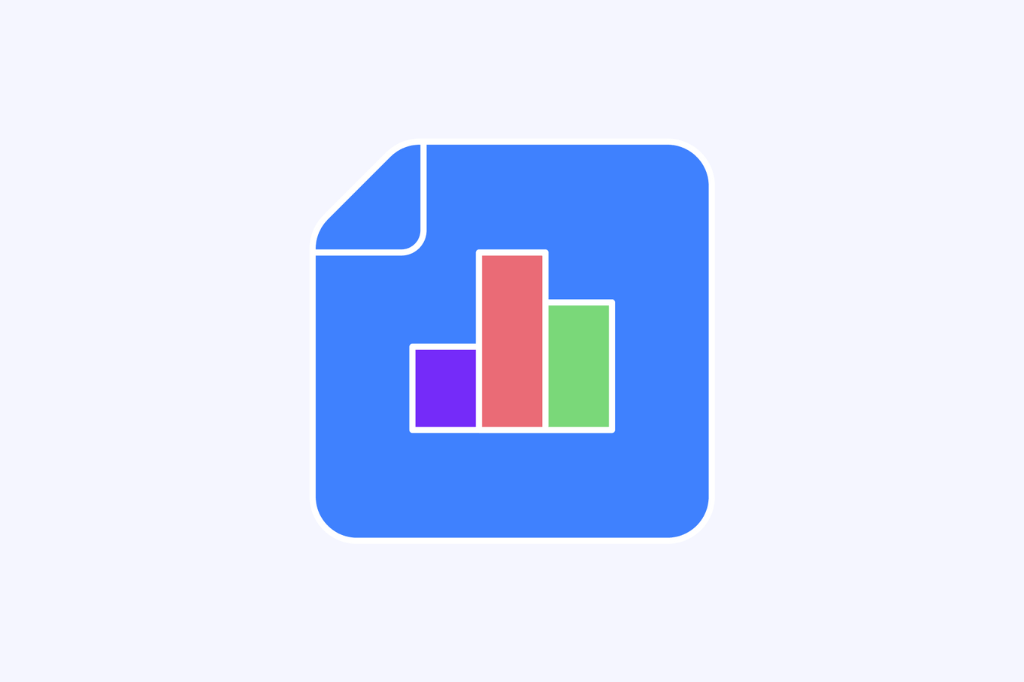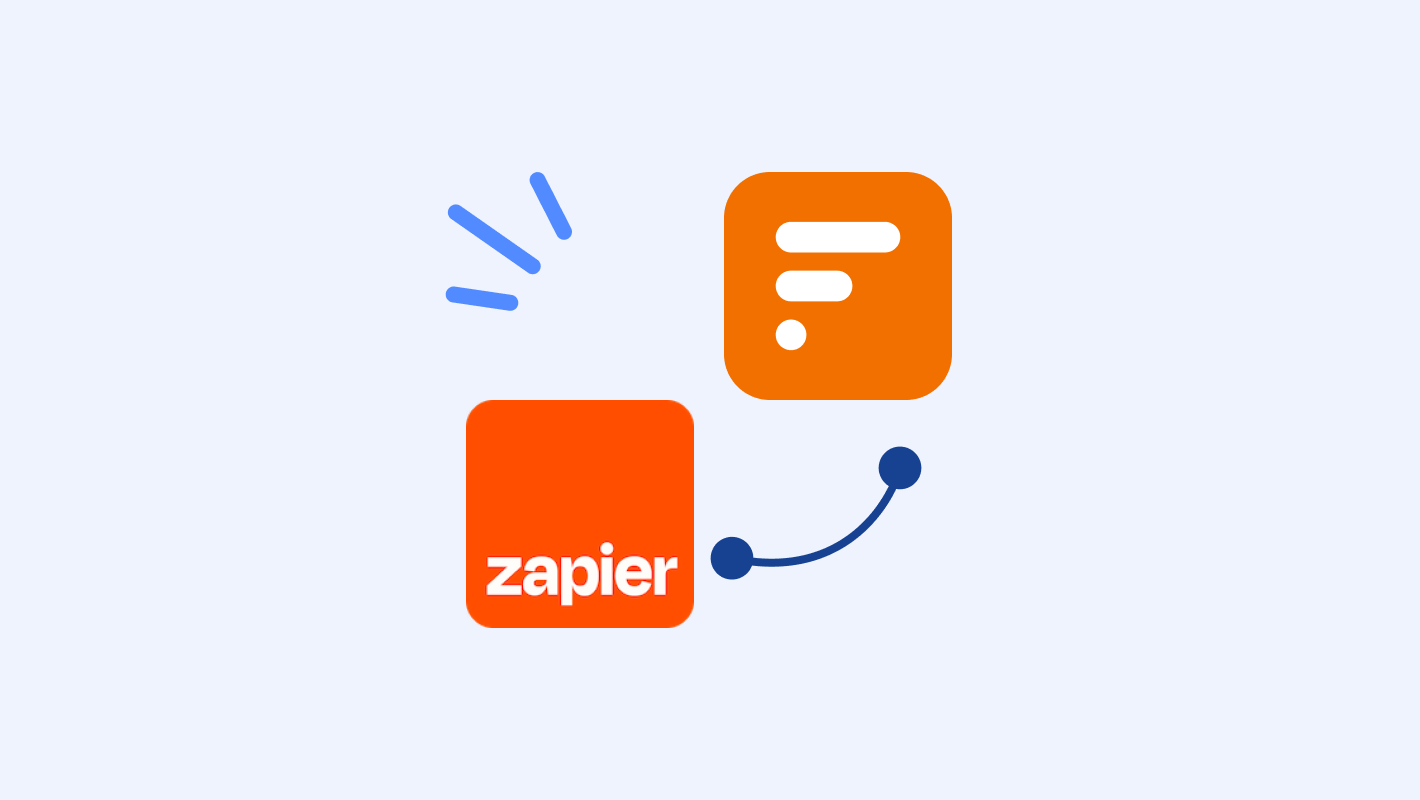Best CRM for small business
In business, forming connections with customers is crucial. Salespeople and marketers agree on the importance of CRM (Customer Relationship Management). The key to building a strong relationship is paying attention to details. Knowing what customers value, what matters to them, and understanding their challenges allows you to create a genuine and lasting connection.

In business, forming connections with customers is crucial. Salespeople and marketers agree on the importance of CRM (Customer Relationship Management). The key to building a strong relationship is paying attention to details. Knowing what customers value, what matters to them, and understanding their challenges allows you to create a genuine and lasting connection.
As previously highlighted, establishing a strong relationship with your customers is crucial, but it comes with its set of challenges. Before exploring the introduction of the best CRM for your business, let’s take a step back to understand what CRM is, explore its benefits and challenges, and underscore why selecting the right one is imperative.
What is CRM
CRM, which stands for Customer Relationship Management, is a tech system that combines sales automation, analytics, and marketing tools. Its main goal is to collect customer data and empower sales teams for optimal efficiency.
In simpler terms, CRM has become a vital part of businesses. It allows organizations to track customer data across different channels, keeping team members updated on user activities. An important perk of CRM is its ability to reduce manual work in collecting information from clients.
The rise of cloud-based CRM solutions has made this technology accessible, even for small businesses. Notably, advanced features are becoming the norm across various industries, showcasing the widespread use and transformative impact of CRM in today’s business world.
How CRM will help your business to grow
Managing information for hundreds or thousands of prospects and customers can be challenging. This is where a customer relationship management (CRM) tool becomes invaluable. CRM solutions not only assist marketers in establishing meaningful connections with their organization’s prospects and customers but also contribute to the success of marketing campaigns.
Moreover, in today’s digital-focused business landscape, sales and marketing teams rely heavily on intricate metrics. That’s why it’s crucial to gather real-time information, maintain data quality, and create custom reports.
CRM solutions, utilizing database systems, automation tools, and reporting capabilities, provide valuable data. This helps you better understand how operations unfold in customer relationships.
You can explore more about how to build your custom CRM and how to use Formaloo to automate your data workflow and processes.
What are the challenges during CRM implementation?
Understanding what to anticipate during a CRM implementation is crucial. In essence, a CRM system has the potential to revolutionize your operations, offering tools for efficient engagement with both customers and internal teams.
However, the implementation process can pose challenges. Expect a complex purchasing journey where you’ll be comparing various solutions to find the best fit based on price and capabilities. Be prepared to navigate service-level agreements and pricing structures tied to resource usage and user numbers rather than one-time costs. Additionally, allocate ample time for employee training to ensure a smooth transition to the new solution.
It’s important to recognize that implementing a CRM is a significant decision, and the transition may require careful navigation.
Best CRM for small business
Now, let’s jump into identifying the best CRM options for your business and the essential criteria to consider when making this choice. Understand what factors are crucial and should be taken into account to ensure that you select the CRM that best suits your business needs.
1- Formaloo
Without a doubt, navigating Formaloo is a breeze. Perfect for small businesses, it’s not only user-friendly but also intuitive and budget-friendly – a great upgrade from basic address books. You can effortlessly send emails, create Kanban boards, integrate it with your existing system, and keep all your data in one place.
With Formaloo, you have the flexibility to create teams, assign roles, and manage access to specific data, ensuring each team member has the appropriate level of access for effective task execution. Enhance engagement, foster user trust, and cultivate lasting relationships with this customized CRM.
Collaboration is a breeze with Formaloo – share notes and activity feeds to keep everyone on your team updated and working towards your business goals.
Start with a custom CRM template or build one today!
Choose app and form templates from our 200+ selection. Customize it to match your brand’s look and feel – tweak everything from colors to question types.
2- Salesforce
Salesforce is a powerhouse in the CRM world, known for its extensive features. It’s so big that many large companies hire dedicated experts just to train teams on its capabilities. Salesforce is excellent at helping new users with setup and training, providing the robust features and customization it’s known for.
However, there are a few drawbacks, like limited third-party software integrations and reporting capabilities. While it can scale for any business, keep in mind the associated price tag.
3- Zoho
Looking for a simple CRM that grows with your team? Zoho is likely the right choice for your organization. It’s cost-effective, offering a free plan for up to three users, and getting started is quite straightforward. While its dashboard may not be the most visually appealing compared to other options, it packs all the necessary functionality.
Zoho covers most, if not all, features found in Salesforce, making it a more budget-friendly alternative.
4- Monday.com
While CRM isn’t the primary focus of Monday.com, the platform offers various CRM features within its broader online collaboration setup. Consider it a versatile “work management” tool, aiding teams in staying organized and ensuring smooth project operations, with some functionalities overlapping with essential CRM tasks.
While Monday.com doesn’t aim to replace a comprehensive CRM platform, it’s worth exploring if your organization has outgrown using spreadsheets for contact management and could benefit from basic CRM capabilities.
5- Hubspot
HubSpot is more than just a marketing platform; it includes various tools, including a CRM. It helps marketers create personalized emails, assign actions, and analyze customer behavior. Notably, HubSpot’s website analytics tool gives insights into how prospects and customers interact with your company’s website.
With multiple pricing plans, HubSpot caters to individuals, teams, businesses, and enterprises. While the free plan lacks customer support, phone support is exclusively available for Professional and Enterprise accounts. Professional and Enterprise plans may incur onboarding fees. Additionally, there’s a limitation of one email per contact/lead.
6- Freshsales
Freshsales stands out as an excellent CRM choice for early-stage businesses, offering a robust feature set suitable for users with varying CRM experience. It includes an AI assistant, integrates seamlessly with other business software, and allows customization to accommodate specific workflows.
Freshsales provides a solid foundation and grows with your increasing platform experience, even though it may lack some advanced features present in Formaloo and Zoho, such as the enterprise-ready upgrade path. Notably, the free plan does not include reports, and deciding the best plan might require some time investment.
Conclusion
To conclude, this article has provided insights into the significance of CRM and its role in business growth. We delved into the benefits CRM brings and the potential challenges it may pose.
We also looked into different CRM platforms, each having its own advantages and disadvantages. It’s essential to choose the one that matches your specific business needs. The key to fostering a strong customer relationship lies in selecting the CRM option that aligns best with your requirements.
Don’t settle for a one-size-fits-all CRM that doesn’t suit your business needs. Choose Formaloo to build your personalized CRM platform effortlessly. Simplify your workflow, gather real-time data, handle leads and customers, and spur growth – all without the hassle of coding. Formaloo empowers you to achieve these goals and tailor your CRM experience to perfectly align with your specific requirements.
You can read more about how Formaloo helped this marketing team to build one-to-one customer relationships using Formaloo’s custom CRM App.
Sign up for free to start your journey with Formaloo. For more useful content, check our blog page and follow us on our YouTube channel.













